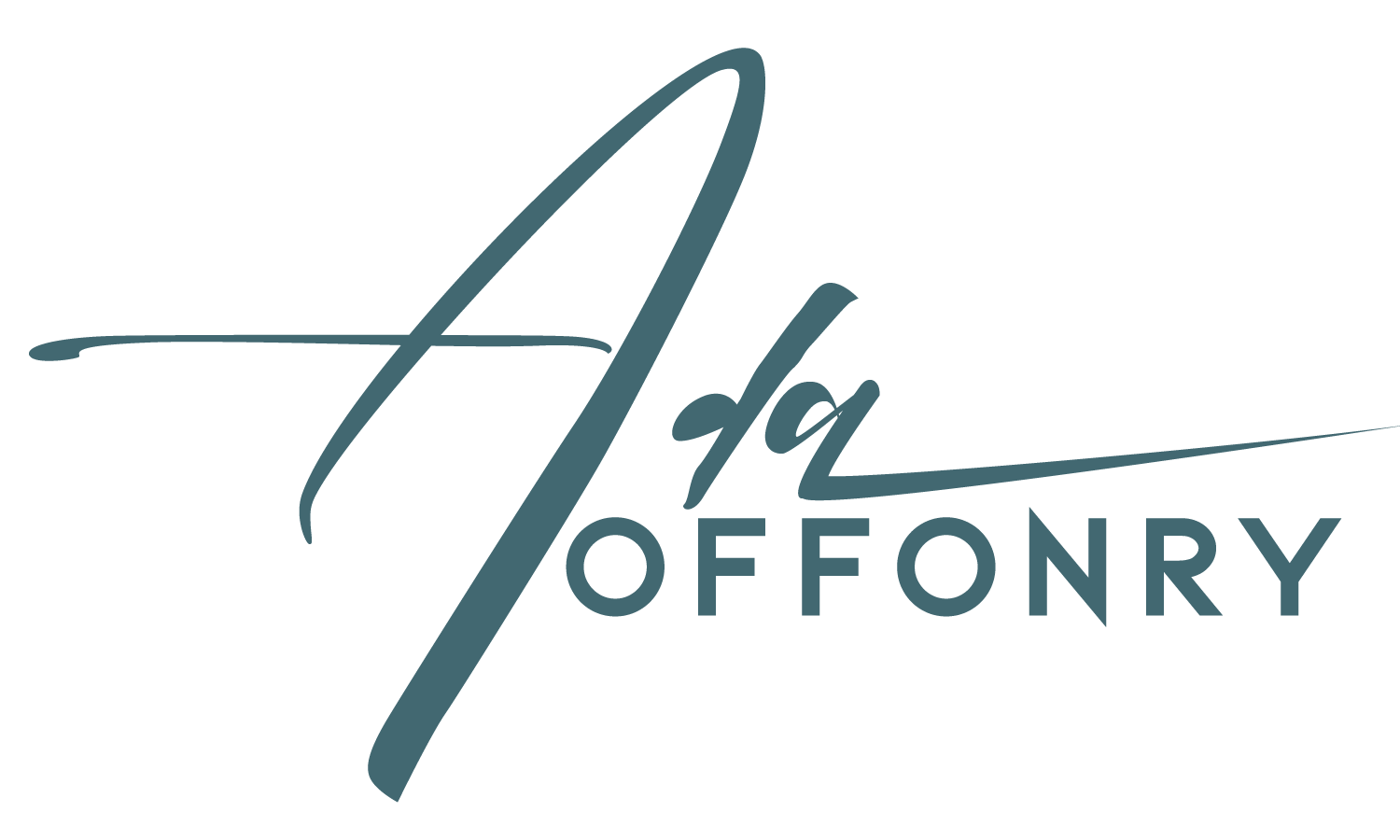You are brilliant. You have earned your place in your organization. You are smart and your ideas and opinion matter. Let this resonate within you. Do not seek the validation of your ideas from others in other to prove your worth or brilliance. That is not to say your boss or colleagues must always go with your ideas. But it should mean that regardless of how many times they get knocked back you have the confidence and resilience to keep speaking up. The skill to develop here is to learn the art of influence.This skill matters as you go up the career ladder or lattice or start your own business. Being able to provide data versus say telling stories to engage and influence your audience, whomever they might be, can be a game changer as you navigate your life and career.
Loyalty to an organization matters, however loyalty to yourself matters more. Loyalty to your employer and to yourself should not be mutually exclusive. But this can sometimes be the case. I have seen many people make decisions that do not advance them personally but help the organization they work for and then get upset when they don’t get the big bonus they were holding out for, or the promotion they were promised. Playing your part in advancing the organization is important but just ensure that it is not at a personal cost to you.
Your personal well being and health matter more than your job. If you are working until midnight, or with toxic colleagues or are constantly sick or filled with anxiety. Don’t overthink it. The company or perhaps the job is not for you. If the job means you cannot work out or have pockets of joy in your life, then at the very least give yourself an end date. You will come to realize that time is fleeting and nothing, absolutely nothing is worth compromising your health, emotional and mental well being for.
Prioritize your personal life. I get it, if you are particularly ambitious, you want to dedicate yourself to work and move up the career ladder. I don’t disagree with this. Just pay attention to the time you spend with those you love and to building romantic relationships. No job or career is worth sacrificing your personal life for.
Manage your emotions. One good way to do this is to minimize your exposure to complainers. You know them, the people who complain about the boss, the work, the office, the policies etc. They drain the energy from you but they are not looking to make any changes to their circumstance. By complaining to you, they release their stress. The problem is that you internalize that stress and start hating a job that you thought was okay. Either you find a way to change the topic or avoid them completely. If you are feeling bold, ask them to stop complaining to you. When it comes to how you deal with injustices, perceived or real in the workplace, if you are an expressive person (as I was) I recommend that you allow time to elapse between any incident and your response to it. Respond do not react. Don’t say everything that is on your mind. Decide on the outcome you want and then focus on a strategy to get you there. You can save all the rest of the stuff you have to say for your mum or best friend.
Your personal development is your responsibility. If your company sponsors trainings and further degrees, make it your business to understand the criteria for these, and raise it during your meetings with your manager. If your company does not have a formal training scheme, you can research training in your industry and pitch your boss. If no formal or informal training scheme exists, then invest in yourself. The reality is that so many people are focused on being the best employee that they can be to their current employer and forget to pay attention to the market or their career as a whole. Have a personal development plan, and be it books, podcasts, short courses, certifications or degrees, continue to invest in yourself.
Know the role of sponsors and mentors in corporate careers and find both. A sponsor is someone senior enough to be in the room when decisions are being made. Ever wondered why certain people always seem to get promoted, or get given responsibility for important projects or even higher bonuses? One of the reasons is that they have someone who has good things to say about them behind closed doors. A mentor is someone who has gone ahead of you, perhaps performed the same role and so they can give you the ins, outs and tricks that you help you progress. They are often a good source to help navigate any challenges that you might have.
Take advantage of any financial benefits your companies offer especially around pensions or 401k’s. Get a handle on your savings and automate these as soon as possible. The sooner you begin this, the more life options you create for yourself down the line when you want to buy a house or take a career break to travel or set up your own business.
Take part in work social outings. I am not a big pub goer so I never saw the point in going on the Thursday after work drinks. What I soon came to realize is that these social situations help to break down a person’s office persona. It helps your colleagues see you as more of a person rather than just a colleague. It matters because it helps to promote better camaraderie. In the best case scenario strategic work connections, alliances and decisions are made during these social events. So I recommend attending some of these events.
Meet people in your industry who are outside of your organization. You would be shocked at the number of people who get their next position because they knew someone within that organization. By the time jobs are advertised or sent out to agencies, these personal connections would have been explored. The more people you can network with, the more career options you are opening up for yourself. You can start this by joining industry organizations, and attending industry events.
For more information about how to advance your career successfully, and about the 1:1 coaching and group coaching services we offer, join the newsletter.

